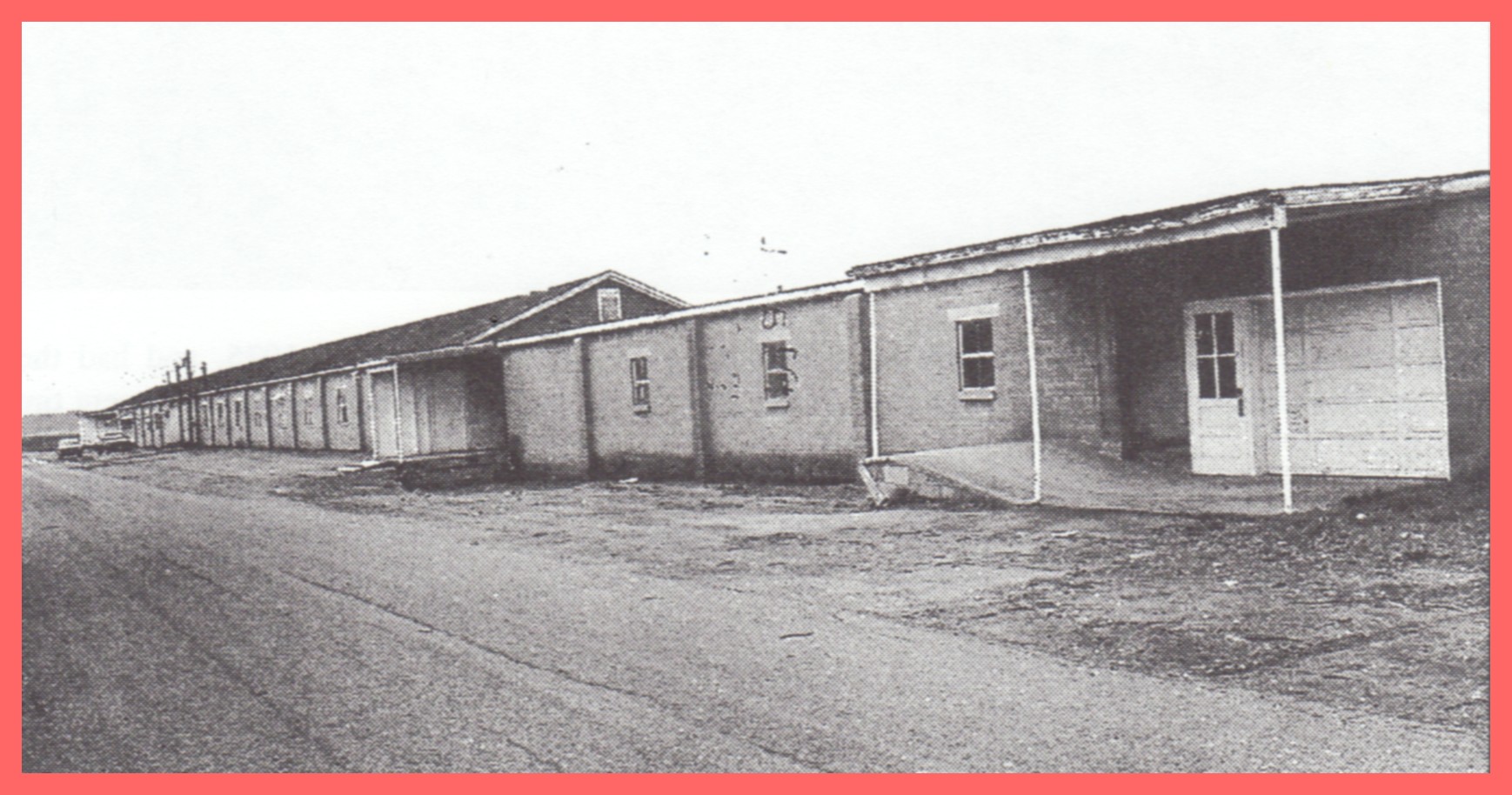
A picture of the abandoned building of the Gratz Shirt Factory, Gratz, Dauphin County, Pennsylvania, taken in the 1990s, more than 10 years after the factory closed. The building in the picture was built about 1950 to be used as a cutting and pressing plant for the main assembly factory which was just across North Alley in Gratz. Prior to construction, cutting was done in Elizabethville at the Dauphin Shirt Manufacturing Company, which was owned by R. L. Weaver. With the new construction, all parts of the manufacturing process were done in Gratz.
The Gratz Shirt Factory that occupied the site on North Alley in Gratz was organized in 1910 and it began to operate under the management of Harry T. Yoder. It was in operation during World War I. When news came that the war was over, Yoder told his employees to grab a shirt to wave in the street celebration that was taking place as the news became widely known.
Yoder operated the factory for about 10 years and then sold his interest to Oscar Clark and Roscoe Blyler. A few years after that, Clark sold his interest to Blyer and his wife Grayce [Ritzman] Blyler, who operated the factory until the 1940s when the interest passed to a New York investor.
In the 1940s, Dormar Manufacturing Company, known locally as the Gratz Shirt Factory, was owned by Max Reichman of Brooklyn, New York. In 1952 a catastrophic fire occurred in the new concrete building, which for a time, put many area residents out of work. When the extensive repairs were completed, which included a new addition, the factory resumed production and at its height employed as many as 200 people. In 1982, Max Reichman ceased being general manager, and by 1985, with clothing manufacturing moving to states with cheaper labor, Dormar Manufacturing Company closed down its operations in Gratz, and the building was put up for sale.
The first shirt factory in Gratz was called the Gratz Shirt Manufacturing Company, and was organized in late 1902. However, there is no evidence that this company ever made any shirts or employed anyone. By 1906, the Harrisburg Telegraph reported that their gasoline engine which powered the machinery was being sold and that the sewing machines had already been sold to “private parties” in Berks County.
_____________________________